
Courtney Moore, APRN, FNP-C, OCN, discusses planning beyond first-line CDK4/6 inhibitors and supportive care strategies for patients with HR+/HER2– disease.

Courtney Moore, APRN, FNP-C, OCN, discusses planning beyond first-line CDK4/6 inhibitors and supportive care strategies for patients with HR+/HER2– disease.

Subcutaneous daratumumab is well tolerated, but ongoing immune monitoring is key to managing infection risk in patients with multiple myeloma.

An LED-based intraoral device for photobiomodulation therapy was safe and reduced severe oral mucositis in patients with head and neck cancers.

The REMS program for vandetanib in the treatment of patients with medullary thyroid cancer has been removed by the FDA.

Leaders in oncology nursing and advanced practice spotlight the essential role of advanced practice providers in oncology.

Melissa Rikal, FNP-BC, AOCNP, explains how ctDNA can inform prognosis, monitor disease progression, and guide treatment decisions in oncology.

The FDA has approved imlunestrant for the treatment of patients with ESR1-mutated ER+, HER2- metastatic breast cancer.

Caleb Raine, PA-C explains what BCMA is and why it is a common bispecific antibody target in multiple myeloma.
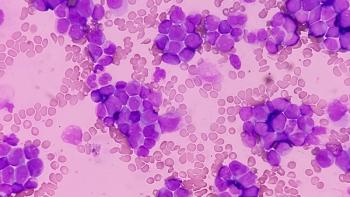
Revumenib was added to NCCN guidelines for relapsed or refractory NPM1-mutated acute myeloid leukemia.

Scott C. Borinstein, MD, PhD, discusses how holistic and empathetic care defines pediatric oncology.

Off-the-shelf mosunetuzumab/polatuzumab vedotin produced durable responses with manageable safety in BTK inhibitor–exposed relapsed/refractory MCL.

Specialized palliative medicine and supportive oncology advanced practice providers help create a personalized treatment experience for patients.

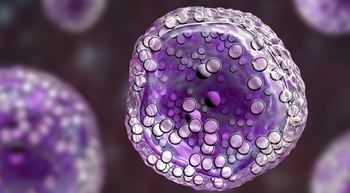
Read nursing considerations for treating patients with mantle cell lymphoma using lisocabtagene maraleucel.

Subcutaneous pembrolizumab has been approved across all indications, cutting chair and administration times with a median injection time of 2 minutes.

Zidesamtinib, a brain-penetrant, TRK-sparing ROS1 TKI, showed activity and manageable safety in pretreated patients with advanced ROS1+ NSCLC.

Courtney Moore, APRN, FNP-C, OCN, discusses how patient comorbidities and adverse effect profiles guide CDK4/6 inhibitor choice in the first-line setting.

Michelle Kirschner, MSN, RN, ACNP, APRN-BC, discusses precision supportive care and tailored survivorship strategies in an ONN interview.
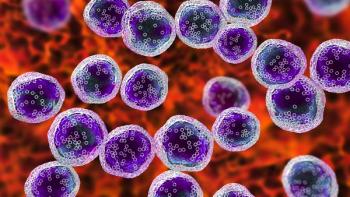
Mosunetuzumab plus polatuzumab vedotin increased PFS and response rates vs R-GemOx in transplant-ineligible large B-cell lymphoma.

Explore stories of oncology nurses who forge connections with patients, transforming challenges into triumphs in cancer care.
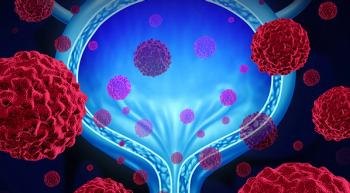
When treating patients with bladder cancer using gemcitabine intravesical system, regular AE monitoring is necessary, said Gary Steinberg, MD.

How best can senior staff and leadership support nurses new to the field of oncology?
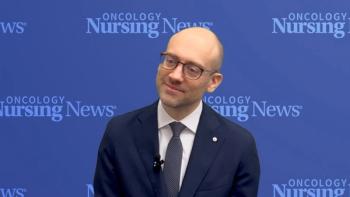
At SOHO 2025, Lorenzo Falchi, MD, highlighted the critical role of nurses in monitoring and educating patients on toxicities from novel lymphoma therapies.
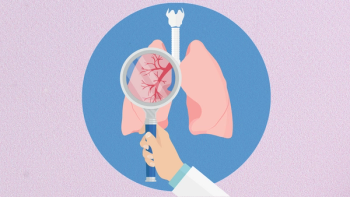
FLAURA2 data show osimertinib plus chemotherapy significantly improves overall survival vs osimertinib alone in frontline EGFR+ advanced NSCLC.

Michelle Kirschner, MSN, RN, ACNP, APRN-BC, discusses how precision supportive care tailors interventions to patient needs.

Lutetium Lu 177 dotatate was linked with partial responses in patients with metastatic bronchopulmonary neuroendocrine tumors, per real-world data.

Benjamin Besse, MD, PhD, shares AE management strategies for amivantamab/lazertinib in EGFR-positive NSCLC following CHRYSALIS-2 results.

Read an advanced practice nurse's tips for treating patients with endometrial cancer with durvalumab.

Relacorilant’s new drug application for platinum-resistant ovarian cancer has been accepted by the FDA.

Tepotinib was associated with frequent but manageable adverse events in MET exon 14–positive NSCLC, with peripheral edema most common.